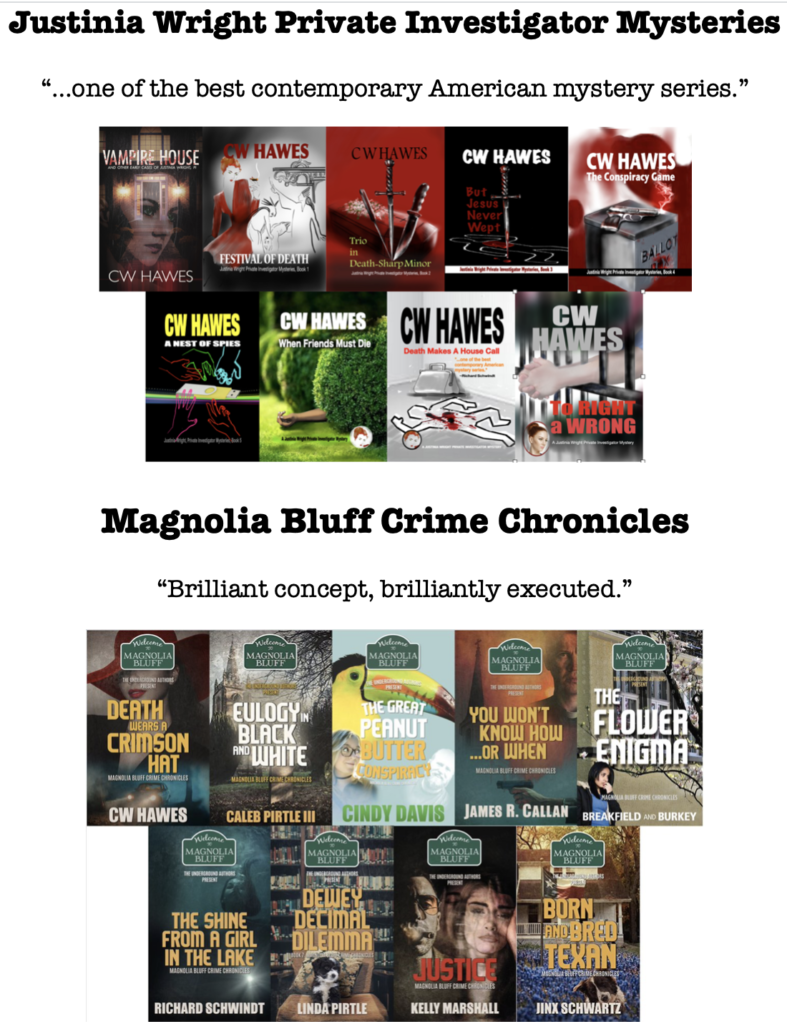Several years ago, I participated in Brian Fatah Steele’s 7Q interview. You can read the entire interview on his website.
Question #4 was “How does music and media factor into your writing? Do you feel it plays as much an inspirational role as literature?”
Time has moved on a fair bit since I answered the question for Brian. So, I thought I’d revisit and see if anything has changed.
Music
There’s no doubt about it. I love music. One of my major disappointments is that my parents did not encourage my interest in music. Nothing I can do about that now. That’s 60+ years in the past.
I’m too old to become a good amateur instrumentalist. My hands are against me. I can still learn composition, however, and I might pursue that. I certainly enjoyed dabbling in composition 40+ years ago.
When I was a high school and college lad, I listened to music while I did my homework. I listened to a lot of music. Classical music. I love classical music. Something I have my grandmother to thank. My parents weren’t too happy with her for that.
Now, though, in my old age, I am finding that I much prefer silence to sound. It’s not that I dislike music. It’s just that I value silence more. Sound is becoming increasingly grating on my ears. Kind of like that old Simon & Garfunkel song: “Sounds of Silence”.
My last few years at work I often use earplugs because the office was just too noisy.
Today, I very rarely listen to music while writing. And without a doubt I can say music does not provide any inspiration for my stories.
I do, though, find that fiction has increased my enjoyment of music. I’m more and more listening to the structure of the music I listen to. Something I never did in my youth.
But music does feature in my fiction. It’s ubiquitous in fact. My characters like music. They listen to it. They perform it. They quote lyrics. Music is all over my fiction. It just doesn’t inspire any story ideas.
Visual Media
Visual media covers a multitude of platforms.
There is film, both large and small screen. There is digital content: YouTube, TikTok, and the like. There are video games. And let us not forget plain old static pictures.
Visual Media occupies a huge part of our lives. It is all around us. Every day and every waking hour of every day. The influence is undoubtedly profound.
While I am not into video, I do very much enjoy fine art. Paintings. Photographs. Pottery. Art glass. Architecture.
Fine art floats my boat. Even things such as a well-designed tea pot, cup, or mug will catch my eye. Or the shape of a fine pen, or mechanical pencil. Or the color pattern.
Gazing on beauty lifts the spirits and the soul.
Art features fairly consistently in my fiction. I suppose, because like music, fine art is an expression of the human potential. A glimpse of what we can become.
My fiction, which is my art, is ultimately a voice crying in the wilderness that there is something better for us — both individually and collectively — than what we have now. And we should pursue that which is better. Never be satisfied with what we have. Because what we have is mostly not worth having. There is something better for us.
Inspiration
All in all, literature provides a large portion of my inspiration. About equal with observation of the world around me, and those gifts that come from the Muse.
Music doesn’t inspire any ideas. Nor does fine art. On rare occasions a storyline or scene from a movie or TV episode will trigger an idea.
As noted above, video is not my thing. I’d rather read a good book. Especially since political correctness and wokeness have taken over the big and small screens in such a blatant manner. Watching movies and TV just isn’t enjoyable anymore. I want to watch a good story — not propaganda.
A true artist can get his point across much more affectively with a stiletto then with a club.
The movie Little Big Man is a powerful statement regarding the collision of Native and Euro-American cultures, as well as an indictment of Euro-American culture. It is an effective use of the stiletto to get its point across.
The Graduate does the same thing with regards to societal and familial expectations, pressures, and hypocrisy. Once again, the stiletto is deadly — and for more effective than a club would’ve been.
The old DCI Tom Barnaby episodes of Midsomer Murders did the same. Tom is ordinary. Husband. Father. A good employee. Normal home life. He himself is normal. It’s the rich, the high society folk, who are sick and what’s wrong with the world. The series also took a stab at the notion of the idyllic country life versus the corrupt city. In Midsomer it’s reversed.
The stiletto is always more effective than the club.
But today’s writers, especially those for the screen, use the club almost exclusively and are the worse for it.
I don’t know about you, but I respond better to the stiletto.
So until screenwriters and producers go back to good story writing instead of pushing propaganda, I’m reaching for a good book.
What about you? How would you answer Mr. Steele’s question? Drop your answer in the comments below.
Comments are always welcome! And until next time, happy reading!
 CW Hawes is a playwright; award-winning poet; and a fictioneer, with a bestselling novel. He’s also an armchair philosopher, political theorist, social commentator, and traveler. He loves a good cup of tea and agrees that everything’s better with pizza.
CW Hawes is a playwright; award-winning poet; and a fictioneer, with a bestselling novel. He’s also an armchair philosopher, political theorist, social commentator, and traveler. He loves a good cup of tea and agrees that everything’s better with pizza.
If you enjoyed this post, please consider buying me a cup of tea. Thanks! PayPal.me/CWHawes
Justinia Wright Private Investigator Mysteries on Amazon!
Magnolia Bluff Crime Chronicles on Amazon!
Share This!